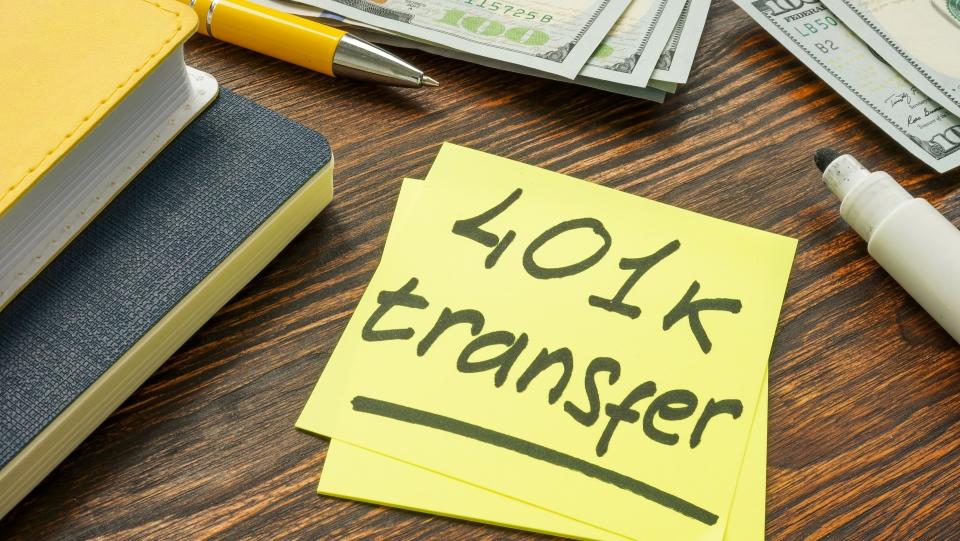Changing Jobs? Prepare for Hiccups in Your Retirement Savings Ahead of Time

Americans have been leaving their jobs at record rates. In July, nearly 4 million Americans quit their jobs, according to data from the U.S. Bureau of Labor Statistics. While there are many reasons someone might leave — better pay, more flexibility or a change of industry — it could damage your retirement savings.
Social Security Eligibility: What It Takes to Receive Max Monthly $3,895
Explore: States Where Your Retirement Will Cost Less Than $45,000 a Year
There are many factors that can influence your retirement benefits by leaving your current job. For example, The Motley Fool reported that if you took out a 401(k) loan and haven’t paid it back, you could owe the full balance when you quit. If you don’t pay it back, the government could tax it as a distribution.
You could also lose some of your 401(k) match by leaving a job before being fully vested in your plan, added The Motley Fool. However, this depends on the employer. With some employers, your match becomes yours right away or funds will be released gradually over time. For others, you could have to wait until you’ve worked with the company for a certain number of years.
Related: Applying for a Job? Even a White Lie on Your Resume Could Cost You the Position
Before you quit, consider these options regarding your retirement plans:
Leave It in Your Former Employer’s Plan
You could always leave it, but this isn’t the best option and should only be temporary. It’s difficult to manage your retirement savings when it’s spread across several accounts, The Motley Fool explained. Plus, you may lose out on some investment opportunities. If your account balance is below $5,000, your former employer may not even allow you to leave money in their plan at all.
Rollover Your 401(k) Into an IRA
You can move money from your 401(k) to an IRA without paying any income taxes on it, according to The National Association of Retirement Plan Participants. You can choose any financial institution to roll over funds to an IRA. However, make sure your former employer does a direct rollover, NARRP advised, meaning they write a check to the company handling your IRA. If they write a check to you, they have to hold 20% in taxes.
Transfer Your 401(k) to Your New Employer’s Plan
You can also move funds to your new company’s retirement plan without paying any taxes or penalties, according to NAARP. However, not all plans accept rollovers, so check with your new employer first.
Discover: 21 Careers That Are More Likely To Lead To Divorce
Budget Wisely: You Just Rage Quit Your Job — Ensure Financial Security by Taking These Next Steps
Before you quit your job, timing is everything. You need to make a plan and decide what to do with your retirement savings.
More From GOBankingRates
Fourth Stimulus Checks Are Coming From These States — Is Yours on the List?
Here’s How Much You Need To Earn To Be ‘Rich’ in 23 Major Countries Around the World
Last updated: September 27, 2021
This article originally appeared on GOBankingRates.com: Changing Jobs? Prepare for Hiccups in Your Retirement Savings Ahead of Time
